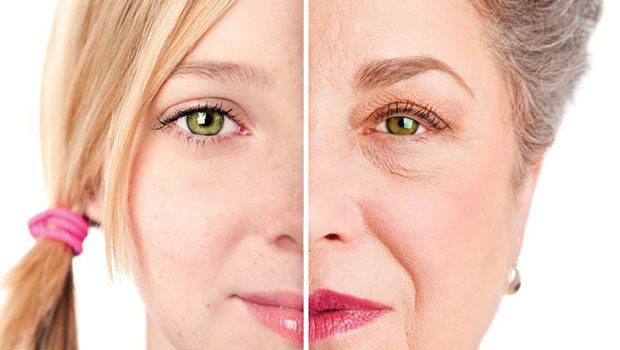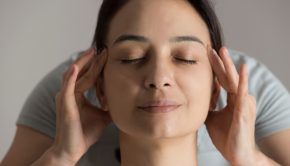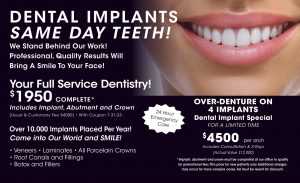How to Join the Youthful-Looking Trend Naturally
The reason that some people age gracefully and some do not has to do with hormones. Science has found that our health problems and appearance only worsen as our hormones diminish and we continue to living a life of bad habits. Hormones are the system’s youth messenger, and this means that in order for our face and body to look and feel vibrant and youthful, to lose weight, have more energy and feel like we’re in our 20s again, we have to restore our hormones naturally.
DHEA is the most abundant hormone in the body, but production peaks at around age 20. From then on, DHEA decreases with age. By the time we reach 40, the body makes about half as much DHEA as it used to. By 65, output drops to 10 to 20 percent of optimum; by age 80, it plummets to less than 5 percent of optimum.
Because DHEA has such a broad spectrum effects, declining production makes itself known in every systems, every organ and every tissue of our body. The immune system is especially sensitive to diminishing DHEA output, opening the door not just to viruses, bacteria and other microbes, but also to free radicals and the Pandora’s box of degenerative diseases they cause.
If levels of DHEA decline with aging, perhaps replacing the hormone can reverse that. In some research, laboratory animals given DHEA live up to 50 percent longer than normal. A host of studies suggest that the lower a person’s level of DHEA, the greater the risk of death from age-related disease. DHEA levels in 242 men between the ages of 50 and 79 were tracked for 12 years in a study by noted hormone researcher Elizabeth Barrett-Conner, M.D., a professor and chairperson of the department of preventive medicine at the University of California, San Diego. Her study found a close correlation between higher DHEA levels and reduced risk of death from all causes. The men that survived had three times the DHEA levels of the men that died.
Low DHEA has been implicated as a contributing factor in Alzheimer’s disease, autoimmune disease and other immunological disorders, cancer, chronic fatigue, diabetes, heart disease, high cholesterol, memory problems, obesity, osteoporosis and stress disorders. The collective indirect evidence from than 5,000 published studies overwhelmingly support DHEA’s anti-aging role. Scientists now have proof that DHEA enhances immunity, decreases the risk of heart disease, defends against some cancers, improves blood sugar control, reverses the age-accelerating effects of the stress hormone cortisol and prevents and reverses osteoporosis.
Franca Di Lisio, DC, owns and operates a wellness center at 201 Lower Notch Rd., Ste. 2B, in Little Falls. For more information, call 973-938-4400, email dislis7@aol.com or visit ThinMeUpDoctor.com.





























